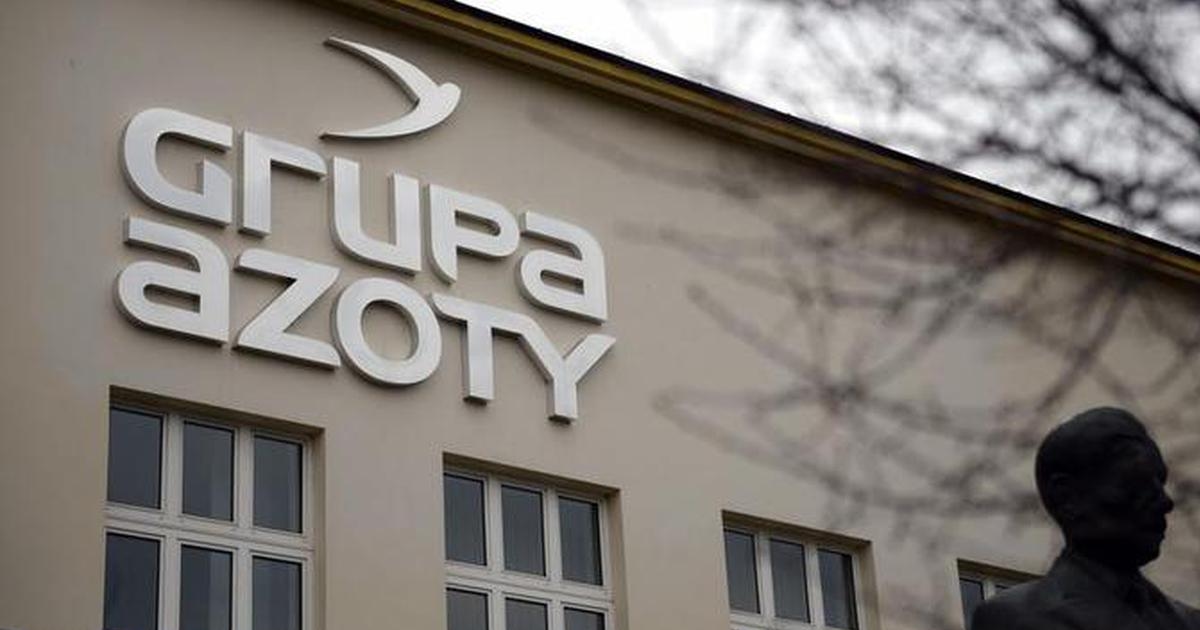The missiles have already hit... for now, bond prices. Nigeria loses ground after Trump's threats.

The value of Nigerian dollar bonds fell sharply on Monday following threats by US President Donald Trump of potential military action and a suspension of aid to Nigeria.
According to Bloomberg, the sharpest declines affected bonds with a maturity date of 2047.
Muda Yusuf, Director General of the Centre for the Promotion of Private Enterprise (CPPE), in a statement to the media on Monday said the threat of military action by the global superpower has already caused significant damage to Nigeria's image as a safe and viable investment destination.
Nigerian economists, including Bosun Obembe, a Lagos-based financial analyst, say the US president's threats could undo recent reform gains and undermine the government's efforts to attract foreign investors, quickly impacting the fragile position of the local currency, the naira.
Christopher Akinbobola, a Lagos-based tax expert, added in an interview with Nigeria's Businessday that the US president's statement will likely lead to foreign investors withdrawing from the Nigerian market.
The US president’s comments could also significantly impact Nigeria’s plans to issue around $2.3 billion in Eurobonds, as investors may perceive Nigeria as a high-risk country, which could dampen their sentiment.
US Foreign Assistance data shows that the United States and its allies have provided Nigeria with over $7.8 billion in security and humanitarian aid over the past 10 years. Trump's announcement of a freeze or suspension of this aid could significantly deepen the budget deficit of a country struggling to emerge from several years of deep crisis.
On Friday, President Trump designated Nigeria as a "country of particular concern," and on Saturday he threatened to withhold all aid and invade to "destroy Islamic terrorists" who are committing genocide against Christians. That same day, the president ordered the Pentagon to prepare for possible military action.
In Liberia, Trump's sudden decision to defend Christians is seen as retaliation against Nigeria, which has refused to yield to repeated pressure to accept immigrants deported from the US, often those convicted of serious crimes. Liberia, which quietly agreed to a US request in October to accept an illegal immigrant from El Salvador convicted in the US, received tangible benefits in the form of zero visa fees, unheard of in other African countries, and an extension of most US entry visas to three months, despite not meeting any of the US migration requirements.
From Monrovia Tadeusz Brzozowski (PAP)
you/ mal/

bankier.pl





